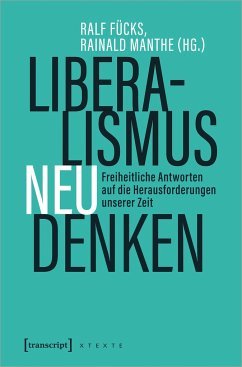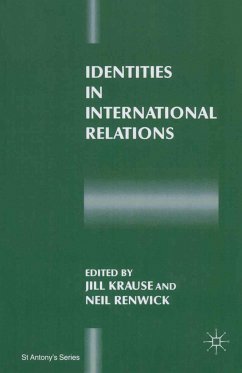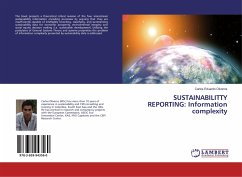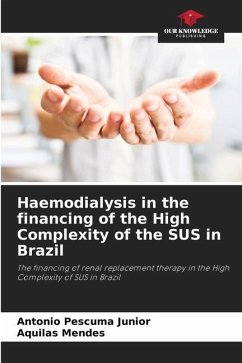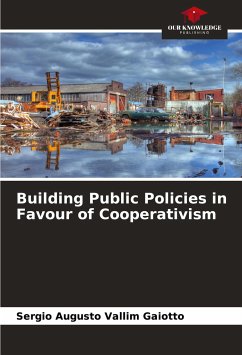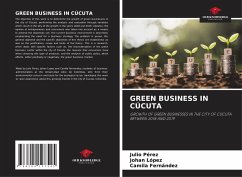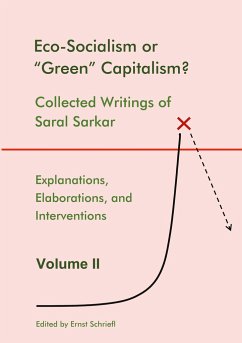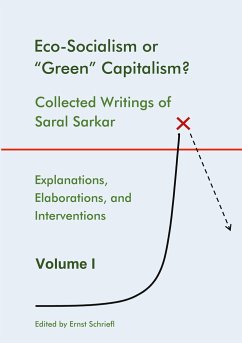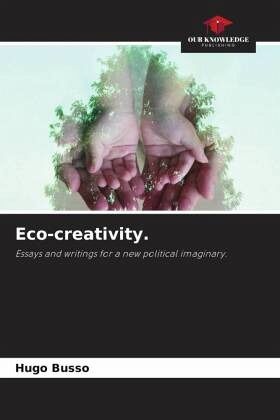
Eco-creativity.
Essays and writings for a new political imaginary.
Versandkostenfrei!
Versandfertig in 6-10 Tagen
40,99 €
inkl. MwSt.

PAYBACK Punkte
20 °P sammeln!
The current context of our civilization challenges the role, mission and strategic political objectives. The destinies opened up by the multidimensional crisis we are witnessing impose to decide at the moment of opportunity (Kairos), because we are already in the time of dehiscence (the moment when the fruit exploded, causing the foundation to burst). The environmental predicaments already show, in the time of the interregnum, a new civilizational moment in gestation of a vital cycle, which has our way of life, production and consumption as symbiotic-parasitic elements of the living. The possi...
The current context of our civilization challenges the role, mission and strategic political objectives. The destinies opened up by the multidimensional crisis we are witnessing impose to decide at the moment of opportunity (Kairos), because we are already in the time of dehiscence (the moment when the fruit exploded, causing the foundation to burst). The environmental predicaments already show, in the time of the interregnum, a new civilizational moment in gestation of a vital cycle, which has our way of life, production and consumption as symbiotic-parasitic elements of the living. The possibilities and alternatives for the near future open three feasible scenarios, as essays of political response. The first, "more of the same", neoliberalism with multiple faces and versions (populist, social democratic, liberal, conservative and environmentalist). Secondly, "eco-fascism", justified by environmental challenges, which will cause a profound democratic degradation. The third possibility to be created in praxis, eco-creativity, through which a new post-neoliberal imaginary should transit, bet and consolidate.



